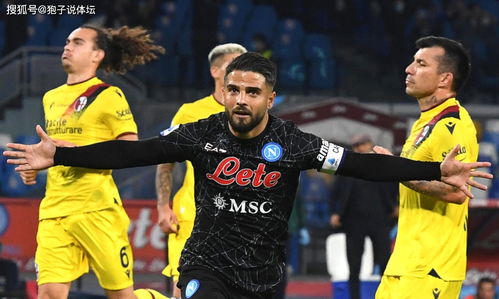The European Championship, often referred to as the Euros, is one of the most prestigious tournaments in the world of football. Every four years, the best national teams from Europe come together to compete for the coveted title. The champions of this tournament not only etch their names in history but also become part of a select group of elite teams. In this article, we will explore the ages of these champions, examining how age has played a role in their success and what it means for the future of European football.
Historically, some of the most memorable European Championship victories have been led by relatively young teams. For instance, the Greek team that won the 2004 Euros had an average age of 28.3 years, one of the youngest in the tournament. This youthful vigor often brings a unique energy and unpredictability to the game, as seen in the performances of teams like Spain in 2008 and 2012, where their young talents like Fernando Torres and David Silva played pivotal roles.

On the other end of the spectrum, teams with more experienced players have also seen their share of success. The Italian team that won the Euros in 2020 (held in 2021 due to the COVID19 pandemic) had a mix of seasoned veterans and young talents. Players like Giorgio Chiellini and Leonardo Bonucci, both in their mid30s, provided the leadership and defensive solidity that was crucial to their victory. This blend of youth and experience is often seen as a winning formula in international tournaments.
Age is not just a number in football; it is a critical factor that influences performance. Younger players are typically faster and more agile, which can be advantageous in fastpaced matches. However, older players bring a wealth of experience and tactical understanding that can be just as valuable. The optimal team composition often involves a balance of these qualities, ensuring that the team can adapt to various game situations.
To further understand the relationship between age and success at the Euros, let's look at a few case studies. The French team that won in 2000 had an average age of 27.4 years, a blend of youth and experience that proved effective. Similarly, the Spanish team in 2012, with an average age of 26.5 years, showcased the effectiveness of a younger squad with a strong team ethic and technical skills.
As we look to future European Championships, the question of age will continue to be a critical consideration for team managers and coaches. With the rise of analytics in football, age demographics are being studied more closely than ever before. Teams are increasingly looking to optimize their squads not just in terms of skill and tactics but also in terms of age distribution to ensure longterm success.
The age of European Championship winners varies, reflecting the diverse strategies and philosophies of different teams and their managers. Whether young and energetic or experienced and tactical, each team brings its unique strengths to the tournament. As football continues to evolve, the optimal age for a championshipwinning team may also change. However, one thing remains clear: the blend of youth and experience is a timeless recipe for success in the Euros.
As fans, we are always eager to see how age will play a role in the next European Championship. Will a young, dynamic team rise to the occasion, or will a seasoned squad prove that experience is invaluable? Regardless of the outcome, the Euros continue to captivate us with their blend of skill, strategy, and the enduring question of age and its impact on triumph.